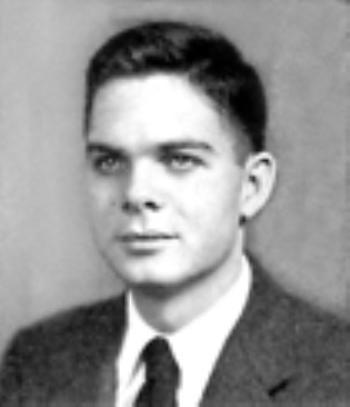A few days before his 71st birthday, Bernard F. Law submitted his comments to the 50th Anniversary Report for the Class of 1953.
“What an age in which to be facing the most difficult challenges of one’s life!” he writes.
Over the past year and a half, Law has tumbled from his position as an archbishop and one of the most influential figures in the American Catholic church to a chaplain in a small convent in Clinton, Md.—and a place in American infamy.
Cardinal Law’s descent began in January 2002 when the Boston Globe reported that former Catholic priest John J. Geoghan had sexually abused children for years—and that Law knew about the abuse, but still allowed Geoghan to remain in contact with parishoners.
After the Geoghan story broke, further investigations uncovered a spate of sexual misconduct complaints against dozens of priests in the Archdiocese of Boston.
Priests, columnists and politicians called for Law to step down.
By mid-December, he had tendered his resignation as archbishop of Boston to Pope John Paul II, who accepted.
Law left his post disgraced, a symbol in many people’s eyes of the corruption responsible for crippling the Catholic Church. Catholicism became the target of many jokes and the faith of many of its devotees was shaken.
In the public eye of the recent past, Law has come to represent the worst of the Catholic Church.
Few who have followed the child abuse scandal would be able to discern in Law the vestiges of a college student who came across to many who knew him as the pious paragon of Catholic virtue.
Long before he became one of the most influential American prelates in the Church, friends say the Adams House resident embodied the dedication, temperance and good will that the Catholic Church has always advocated.
A Catholic Throughand Through
Friends who knew Law at Harvard were certain he was destined for the priesthood—and so was Law.
“Bernie always knew he wanted to be a priest,” says Raymond G. Ammar ’53, Law’s upperclass roommate for all three years in Adams. “His actions, his behavior, his entire interest was focused toward that end.”
Robert W. Oliver ’53, Law’s roommate throughout college, recalls that Law’s adherence to the tenets of Catholicism—which were far stricter in the 1950s than by the end of the following decade—distinguished him from other undergraduates.
Read more in News
Sikh’s Sword Seized By School













